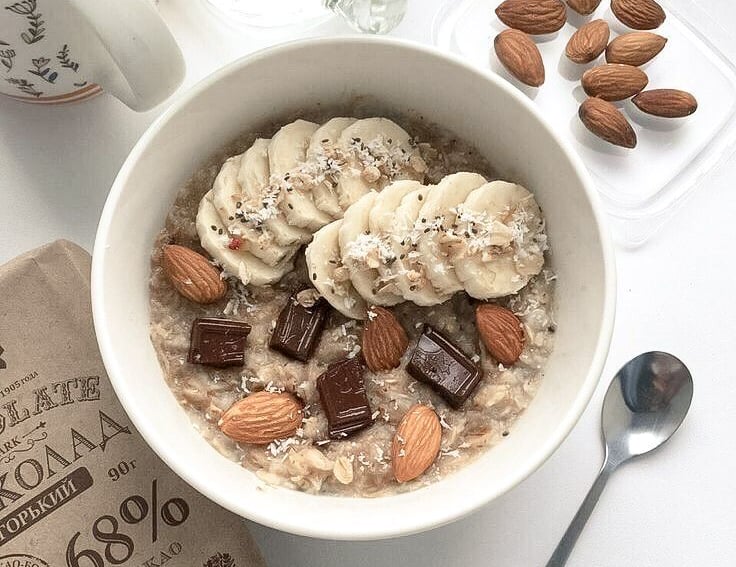Fueling Your Mind: The Link Between Nutrition and Mental Well-Being
Imagine waking up focused and less stressed. Good nutrition supports brain function and emotional stability.


Imagine waking up every day feeling more focused and less stressed. This isn't just a dream; good nutrition can help make it a reality. Studies show a balanced diet rich in vitamins, minerals, and healthy fats supports brain function and emotional stability. By choosing foods that nourish your body and mind, you can boost energy levels, enhance cognitive abilities, and improve overall well-being, extending the benefits of a balanced diet beyond physical health.
Depression and anxiety are the most common mental health conditions worldwide, leading to significant disability. Even undiagnosed, their symptoms affect the well-being and functioning of a large part of our community. So, what can nutrition do to help? You might already know about the benefits of nutrition for mental health. For example, eating "comfort foods" during low moods or stress-related changes in appetite are common human experiences. However, these comfort foods often contain high sugar, unhealthy fats, or refined carbohydrates, providing temporary relief but potentially leading to worsened mood swings and energy crashes later on.
Instead, making switches to nutrient-rich foods can stabilize mood and promote long-term mental well-being. Minerals like magnesium in leafy greens, nuts, and seeds help regulate stress responses. Vitamins such as vitamin B complex in whole grains and lean proteins support neurotransmitter function, which is crucial for mood regulation. Antioxidants like vitamin C in citrus fruits and berries combat oxidative stress linked to anxiety and depression. Incorporating these nutrient-dense foods into your diet can effectively support mental health, avoiding the highs and lows associated with comfort foods.
This is not to say you should completely avoid comfort foods, but rather be mindful of how often and in what quantities you consume them. Balancing nutrient-rich foods with occasional treats can help maintain a healthy approach to nutrition while supporting mental health and overall well-being.
It's crucial to remember that mental illness has diverse causes that can persist regardless of nutrition. While understanding of the links between food and mental health grows, it shouldn't lead to assumptions or stigma about dietary choices and mental well-being. Stigmatization itself could worsen mental health. Ongoing research suggests that promoting healthy diets and reducing junk food may enhance psychological well-being and physical health benefits.
To learn more, watch this Ted Talk by Julia Rucklidge, clinical psychologist, about the role of nutrition in mental health: The surprisingly dramatic role of nutrition in mental health | TEDx Christchurch
- Nysha
References:
https://www.ncbi.nlm.nih.gov/pmc/articles/PMC9441951/ https://www.ncbi.nlm.nih.gov/pmc/articles/PMC7982519/ https://www.health.harvard.edu/blog/nutritional-psychiatry-your-brain-on-food-201511168626
